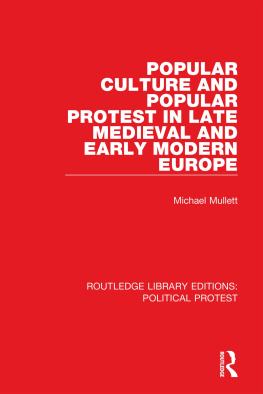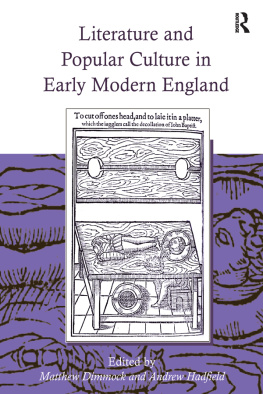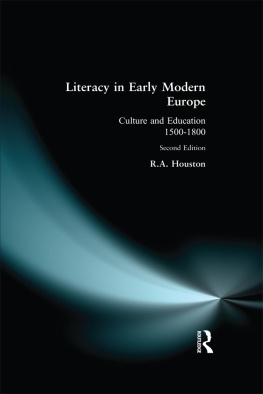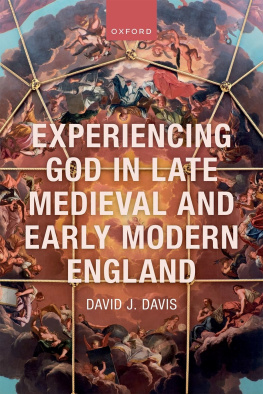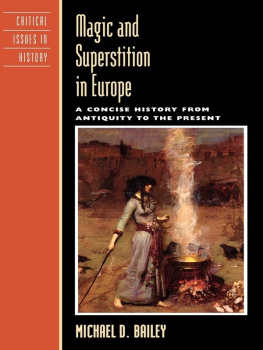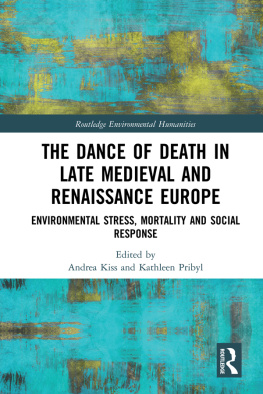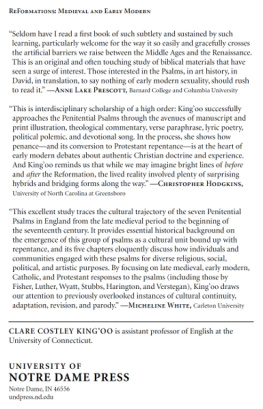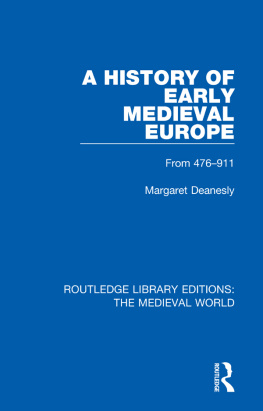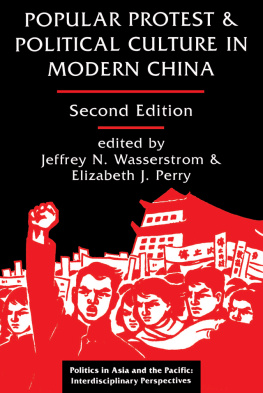ROUTLEDGE LIBRARY EDITIONS: POLITICAL PROTEST
Volume 16
POPULAR CULTURE AND POPULAR PROTEST IN LATE MEDIEVAL AND EARLY MODERN EUROPE
POPULAR CULTURE AND POPULAR PROTEST IN LATE MEDIEVAL AND EARLY MODERN EUROPE
MICHAEL MULLETT
First published in 1987 by Croom Helm Ltd
This edition first published in 2022
by Routledge
2 Park Square, Milton Park, Abingdon, Oxon OX14 4RN
and by Routledge
605 Third Avenue, New York, NY 10158
Routledge is an imprint of the Taylor & Francis Group, an informa business
1987 Michael Mullett
All rights reserved. No part of this book may be reprinted or reproduced or utilised in any form or by any electronic, mechanical, or other means, now known or hereafter invented, including photocopying and recording, or in any information storage or retrieval system, without permission in writing from the publishers.
Trademark notice: Product or corporate names may be trademarks or registered trademarks, and are used only for identification and explanation without intent to infringe.
British Library Cataloguing in Publication Data
A catalogue record for this book is available from the British Library
ISBN: 978-1-03-203038-8 (Set)
ISBN: 978-1-00-319086-8 (Set) (ebk)
ISBN: 978-1-03-203756-1 (Volume 16) (hbk)
ISBN: 978-1-03-203759-2 (Volume 16) (pbk)
ISBN: 978-1-00-318885-8 (Volume 16) (ebk)
DOI: 10.4324/9781003188858
Publishers Note
The publisher has gone to great lengths to ensure the quality of this reprint but points out that some imperfections in the original copies may be apparent.
Disclaimer
The publisher has made every effort to trace copyright holders and would welcome correspondence from those they have been unable to trace.
Popular Culture and Popular Protest in Late Medieval and Early Modern Europe
MICHAEL MULLETT
1987 Michael Mullett
Croom Helm Ltd, Provident House,
Burrell Row, Beckenham, Kent BR3 1AT
Croom Helm Australia, 44-50 Waterloo Road,
North Ryde, 2113, New South Wales
Published in the USA by
Croom Helm
in association with Methuen, Inc.
29 West 35th Street,
New York, NY 10001
British Library Cataloguing in Publication Data
Mullett, Michael
Popular culture and popular protest in
late medieval and early modern Europe.
1. Revolutions Europe History
2. Europe Politics and government
I. Title
940 D131
ISBN 0-7099-3566-8
Library of Congress Cataloging in Publication Data
ISBN 0-7099-3566-8
Printed and bound in Great Britain by Mackays of Chatham Ltd, Kent
Music moves different people in different ways because if they are imbeciles or obtuse (like lowly shopkeepers and peasants) they will not receive as much delight as the others. People such as these especially slow-witted women or other poor and simple little creatures would do better to listen to blind men singing to the lira, the guitar or the whistle.
Whenever peasants listen to an ordinary preacher, as long as he shouts loudly and has a great thundering voice, he can let the conceits fall where they may and it matters little to them, for they regard him highly.
Severo Bonini,
Discorsi e RegoliFor my students at the University of Lancaster
This study is partly about popular protest in Europe in the later Middle Ages and the early modern period. We shall be dealing mostly with the fourteenth, fifteenth, sixteenth and seventeenth centuries. This forms the great age of European popular insurgency, a phase which opens in the fourteenth century and has a secondary peak in the sixteenth and seventeenth centuries. Europe chiefly western Europe is the focus of our study, concentrating on France, England, Italy, the Low Countries, Bohemia and Germany, and dealing with lower-class protest and insurrection in town and countryside, and the links that bound the protests of the lower orders in both urban and rural areas. At the very beginning, we shall need to spend some time in this introduction considering and establishing the importance of the town as well as of the country, and to underline the significance, particularly the cultural significance, of towns in what sometimes appears to have been an overwhelmingly rural society.
One argument in this book is that, with some exceptions, there was not a revolutionary, but only a reformist mentality underlying the lower-class protests of our period. Our lower orders we shall attempt some definition of them below often reacted forcibly, but pragmatically, to deteriorations in their living standards which they could blame on human agencies; they did not generally have alternative social structures to propose. It is true that there were movements like that of the Drummer of Niklashausen in Germany in 1476 which called for the complete equalisation of society. Such movements tended to be heavily influenced, or indeed created, by the ideas of religious visionaries and unofficial charismatics. There were also serious millenarian protest movements, drawing their inspiration from the eschatology at the heart of the Christian message and envisaging the replacement of existing society by paradise on Earth. Some of the most serious movements we shall consider, however, either harnessed some social radicalism with political deference towards kingship, as did the English Peasant Revolt of 1381, or combined both social and political conservatism in programmes that aimed not to have existing society swept away but rather controlled by moral, and specifically Christian, values: such, broadly speaking, was the great German Peasants Revolt of 1525. Popular protest used the assumptions and language of a phenomenon we shall attempt to define popular culture.
We need some initial definitions of the popular classes (we shall be talking later about urban and rural elites) and we begin with that vast category known as the peasantry. Some historians, especially, perhaps, English historians, seem to encounter a little difficulty in defining the word peasant. This difficulty may have arisen because England has lost its peasantry: perhaps a Frenchman would have less difficulty with the word paysan, an Italian with contadino, a German with Bauer. For the purposes of this book, the following definition of a peasant will be implied: a small-scale farmer directly tilling the soil for family subsistence and/or market production and normally owing certain financial and/or labour obligations in return for occupying the land. Not all rustic plebeians were peasants, of course: the countryside contained numerous artisans such as blacksmiths, and also, especially from about the sixteenth century onwards in such areas as the Netherlands and England, quite large numbers of people whose livelihoods came in whole or in part from rural industrial work, particularly in textiles. None the less, we shall use the figure of the peasant farmer as our archetype of the rural plebeian. The other section of our lower classes comprises the urban lower orders. For our purposes, these are made up primarily of those townsmen and their families who relied mostly on wages, and sales of their manufactured and processed goods for their livelihood. Working peasants and townsmen, then, will be the main foci of our study, though we shall also take into account the more marginal elements of urban and rural society vagrants and the criminal classes.



